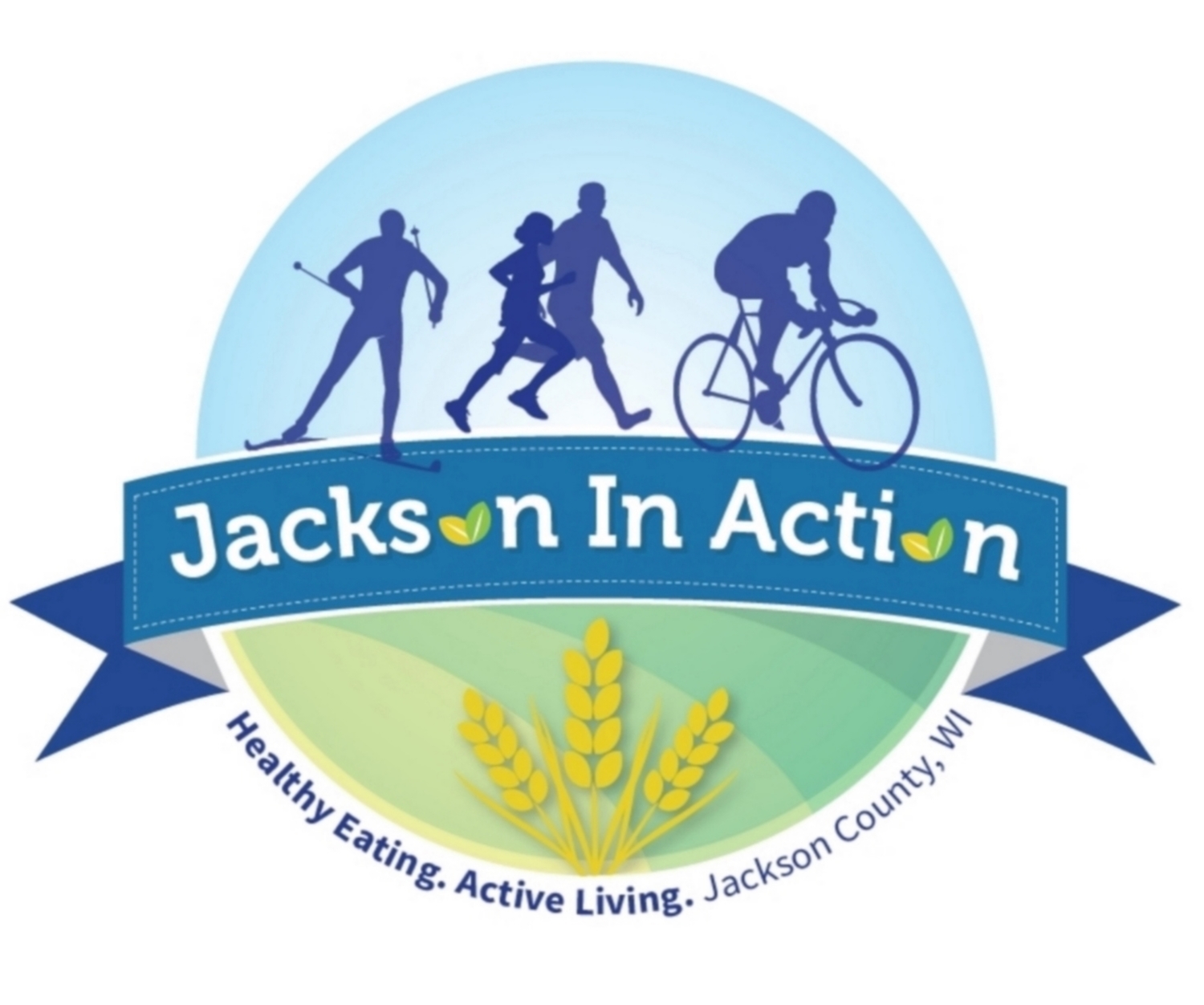As we step into National Heart Month this February, it is the perfect time to discuss the topic of Hypertension, more commonly known as high blood pressure. High blood pressure is a major risk factor for heart disease and stroke. One in every three deaths in Wisconsin is caused by heart disease. Approximately 1.3 million Wisconsin adults have high blood pressure, and over half of those with high blood pressure do not have it under control.
Unfortunately, the numbers are even more startling for Jackson County. In a 2018 report released by the Wisconsin Department of Health Services, Jackson County ranked last amongst all counties in Wisconsin for prevalence of high blood pressure, with 43% of adult residents having diagnosed hypertension.
What is high blood pressure? And why is it referred to as a silent killer? Blood pressure refers to the force of blood pushing against the blood vessel walls in your body. High blood pressure means the pressure in your arteries is too high. Over time, this extra pressure can cause a lot of problems. Healthy arteries are flexible, strong, and elastic. With years of extra pressure, the arteries become damaged and stiff, which can weaken the blood vessels and cause fats to build up on the blood vessel walls. High blood pressure also causes the heart to work extra hard to pump blood through the body, which damages the heart muscle. High blood pressure has been linked to damage in the kidneys, eyes, and brain also. Eventually, this can lead to heart attack, stroke, aneurysm, and other major problems.
However without regular monitoring, many adults are unaware they even have a problem. High blood pressure usually has no signs or symptoms until the damage has already been done. It is important to routinely have your blood pressure checked to best take care of your health. High blood pressure is diagnosed as a reading of 130/80mm Hg or higher. If your numbers exceed 130/80mm Hg, it is important that you discuss options with your medical provider for managing your blood pressure.
Lifestyle changes can make a big impact on high blood pressure. Eating a healthy diet and being physically active can help to maintain a healthy weight. Aim for at least 30 minutes of exercise, five days per week. Reduce your sodium intake (aka eat less salt!), limit saturated fats in your diet, and limit alcohol to no more than 1-2 drinks per day. Work with your doctor to develop a plan, and if needed, take your medications as prescribed. And most importantly, take ownership of your health by regularly checking your blood pressure. Self-measured blood pressure devices for home use can be a great resource for staying in control of your health.
This February, commit to knowing your numbers by checking your blood pressure and making a lifestyle change to keep your blood pressure in check. High blood pressure is not just an issue for the elderly. Nearly 25% of adults age 20 to 44 have high blood pressure, and 10% of youth ages 12 to 19 have “prehypertension” already developing. Reach out to your friends and family to check their numbers as well. Don’t let a silent killer steal your health. Find more information and resources at www.heart.org/highbloodpressure.
